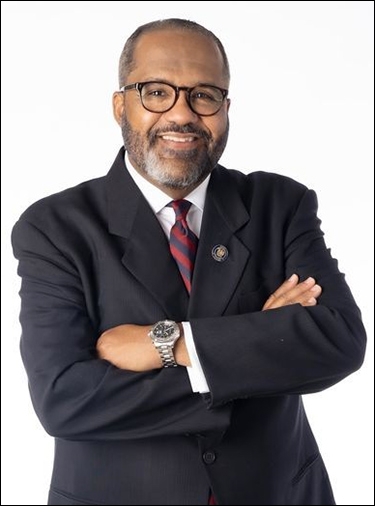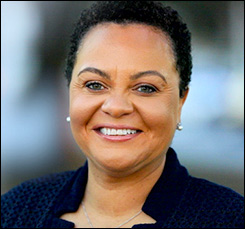By Jim Ellis
April 19, 2022 — We have seen recent changes in many key 2022 in-cycle Senate races. Below is a competitive state-by-state recap:
 Alabama: Polling now consistently shows that the GOP nomination battle, which will determine who will replace retiring Sen. Richard Shelby (R), is turning into a two-way race. Early leader Mo Brooks, the northern Alabama congressman who former President Trump originally endorsed only to see him recently rescind his support, has now dropped well back. It appears clear that “Black Hawk Down” pilot Mike Durant and former Business Council of Alabama President & CEO Katie Britt will advance to a runoff election. The Alabama primary is May 24 with the succeeding runoff scheduled for June 21.
Alabama: Polling now consistently shows that the GOP nomination battle, which will determine who will replace retiring Sen. Richard Shelby (R), is turning into a two-way race. Early leader Mo Brooks, the northern Alabama congressman who former President Trump originally endorsed only to see him recently rescind his support, has now dropped well back. It appears clear that “Black Hawk Down” pilot Mike Durant and former Business Council of Alabama President & CEO Katie Britt will advance to a runoff election. The Alabama primary is May 24 with the succeeding runoff scheduled for June 21.
Alaska: State Sen. Elvi Gray-Jackson (D-Anchorage) withdrew from the race to seek re-election to the legislature, and 2020 Senate nominee Al Gross filed to run for the at-large US House special election; thus the Democrats have no announced candidate. Candidate filing is June 1 for the Aug. 16 primary. The new election system will send four candidates to the general election, so whoever comes forth as a Democratic contender will likely advance to November. Sen. Lisa Murkowski (R) is seeking re-election.
Arizona: Recent polling continues to show a tight GOP contest among Attorney General Tim Brnovich, and businessmen Blake Masters and Jim Lamon. Candidate filing is closed, so the field is set for the Aug. 2 primary. The eventual Republican nominee will challenge freshman Sen. Mark Kelly (D).
Arkansas: Sen. John Boozman continues to campaign hard in a Republican primary battle against former University of Arkansas football player and Iraq War veteran Jake Bequette. The senator is still a heavy favorite for re-nomination and re-election.
California: Appointed Sen. Alex Padilla (D) is a cinch for election to a full term in the autumn.
Colorado: Only state Rep. Ron Hanks (R-Fremont) and construction company owner Joe O’Dea qualified for the Republican primary either through the state nominating assembly or petitioning onto the ballot. Early leaders Deborah Flora, a talk show host, and former Olympian Eli Bremer failed to qualify. Sen. Michael Bennet (D) is favored for re-election.
Connecticut: Seven Republicans have announced their candidacies against Sen. Richard Blumenthal (D). The two most credible candidates appear to be former Republican National Committeewoman Leora Levy, who has almost $1 million cash-on-hand, and state Senate Minority Leader Themis Klarides. This race may draw a bit of attention, but it’s still a very long shot for any Republican to beat Sen. Blumenthal.
Florida: Both Sen. Marco Rubio (R) and Rep. Val Demings (D-Orlando) have now each raised more than $30 million for the 2022 race, and both have over $13 million cash-on-hand. Sen. Rubio remains favored in a state that is moving closer to the GOP, but Rep. Demings has now actually raised a bit more money than the incumbent. A close finish here is virtually guaranteed.
Georgia: Polling suggests that former University of Georgia and NFL football star Herschel Walker will win the Republican nomination outright on May 24, thus setting the stage for the general election between he and freshman Sen. Raphael Warnock (D).






